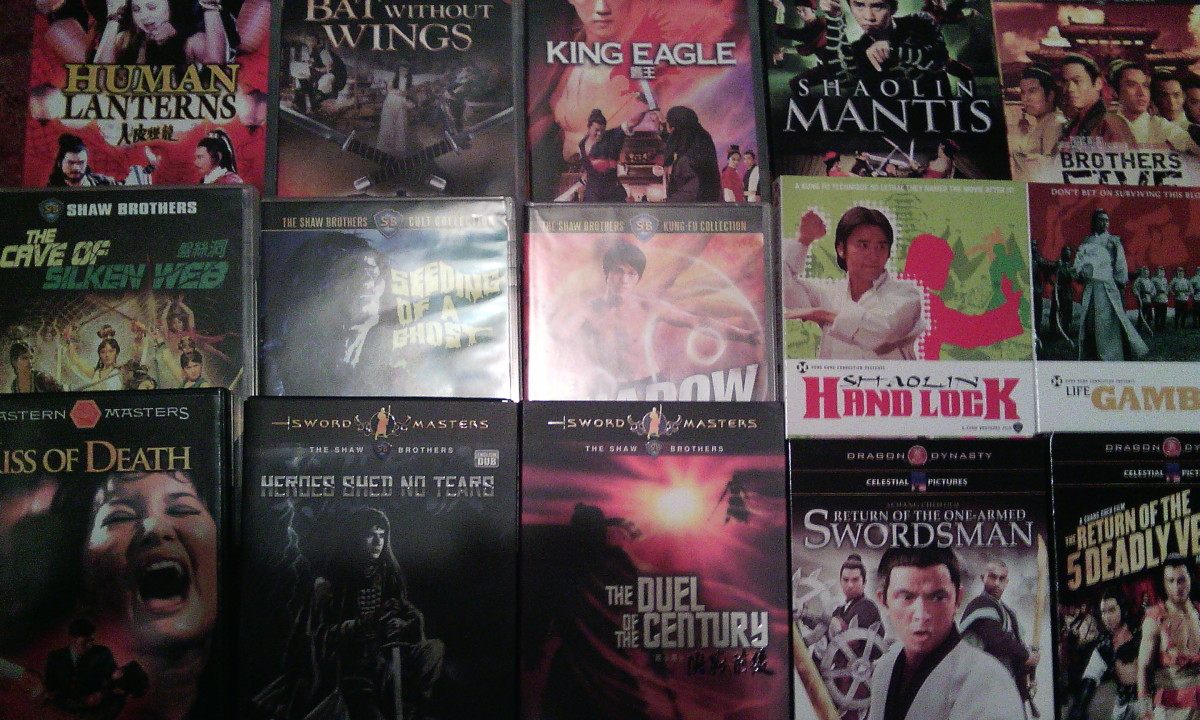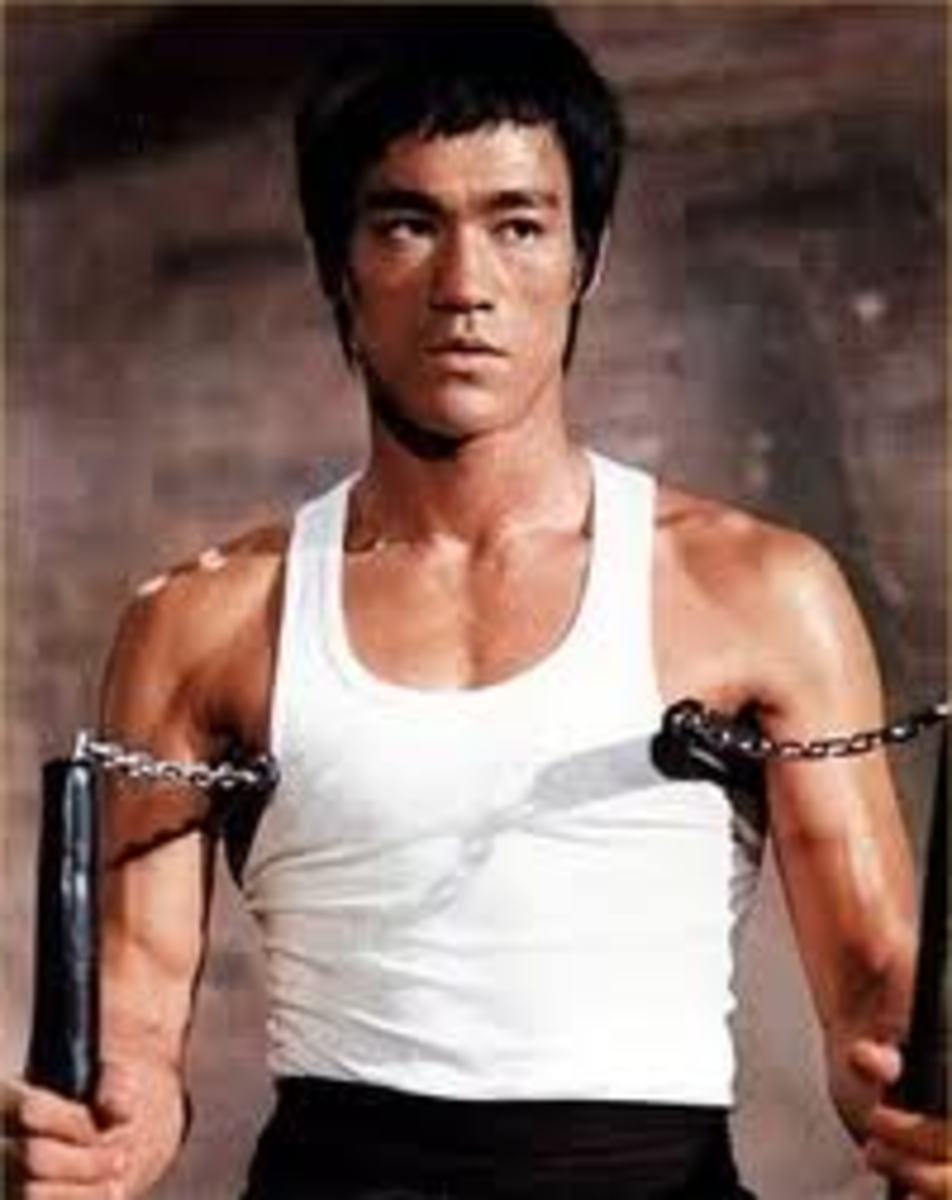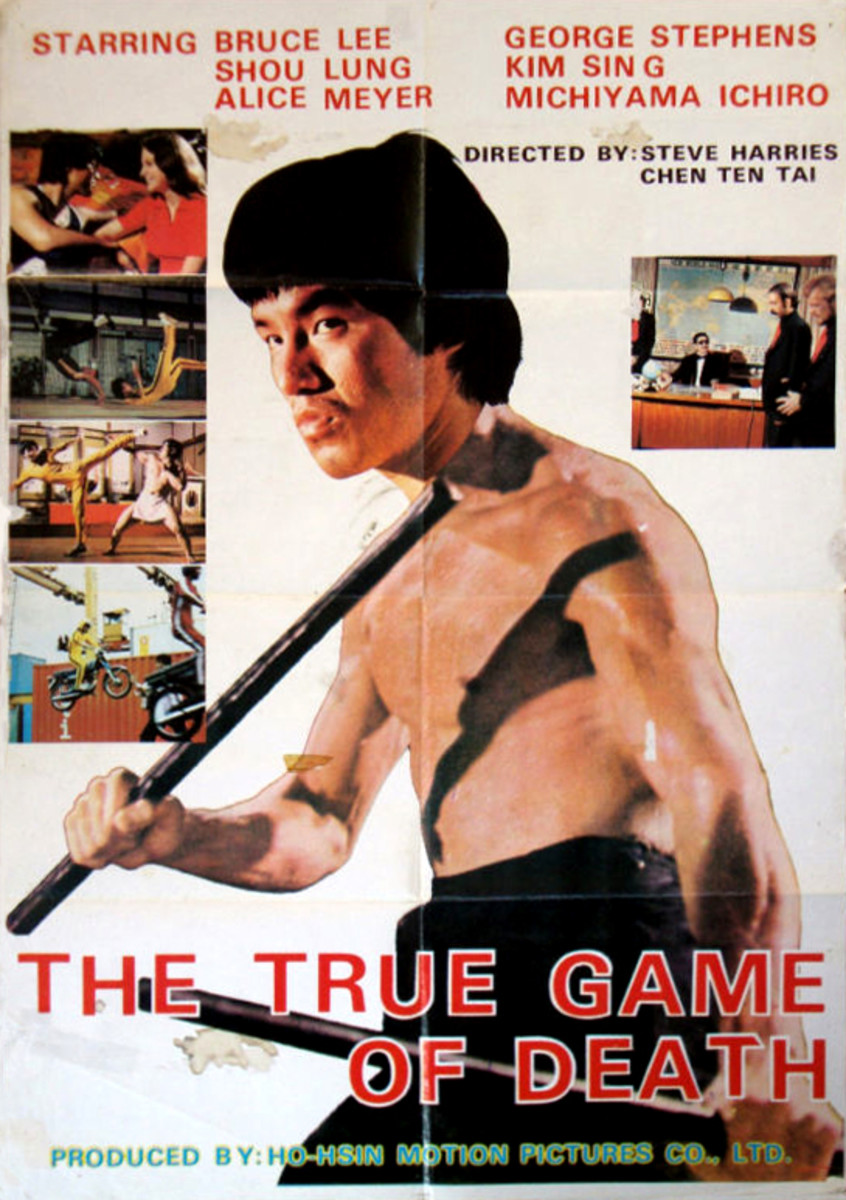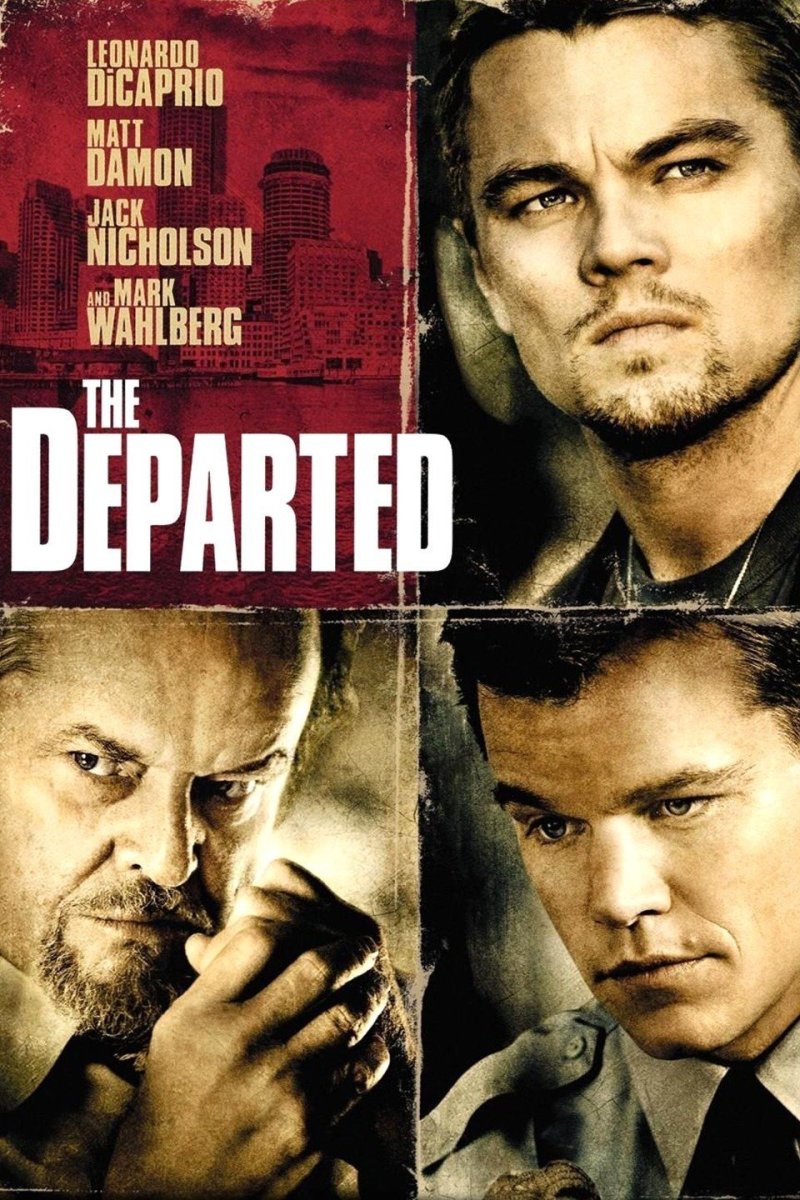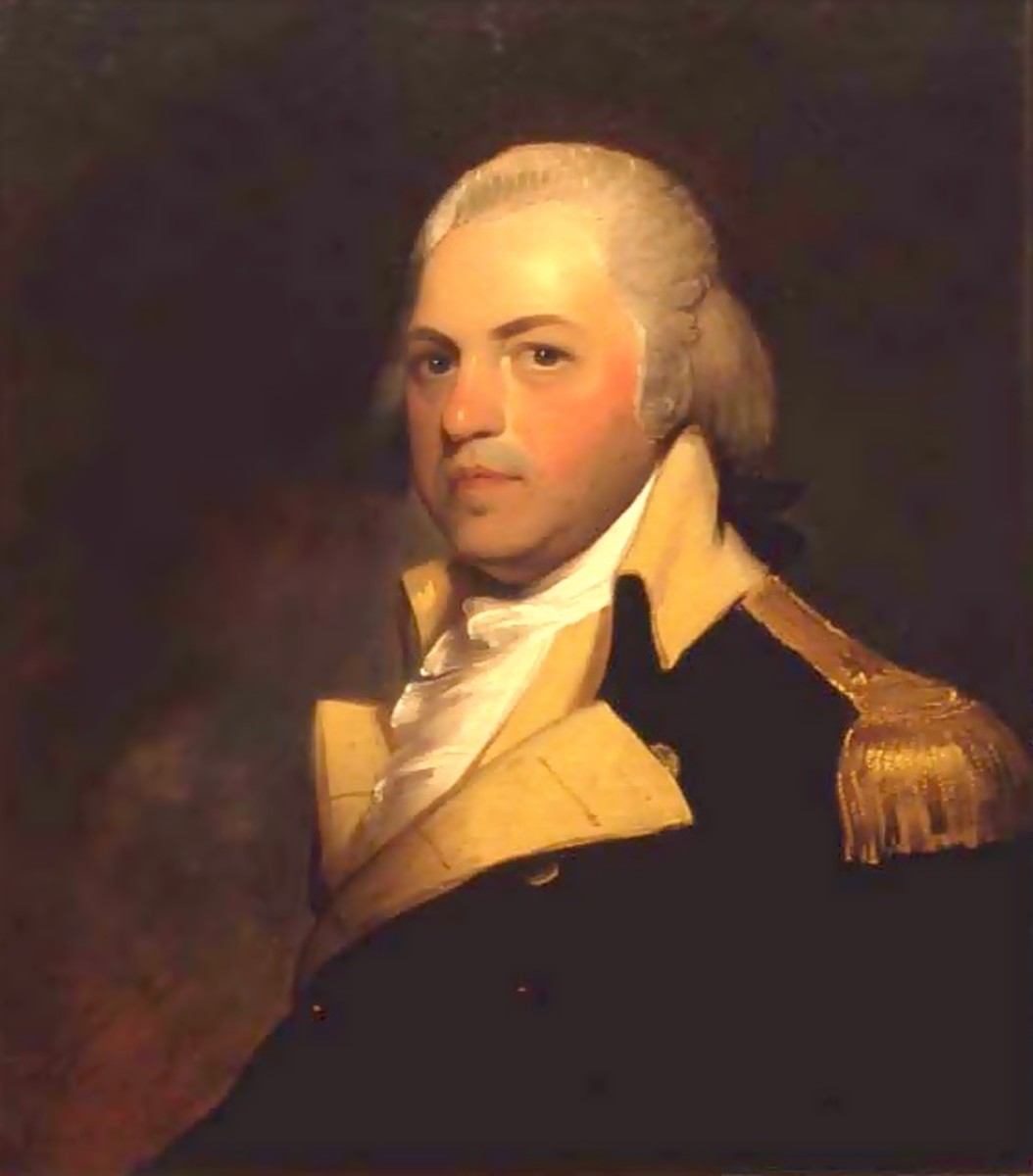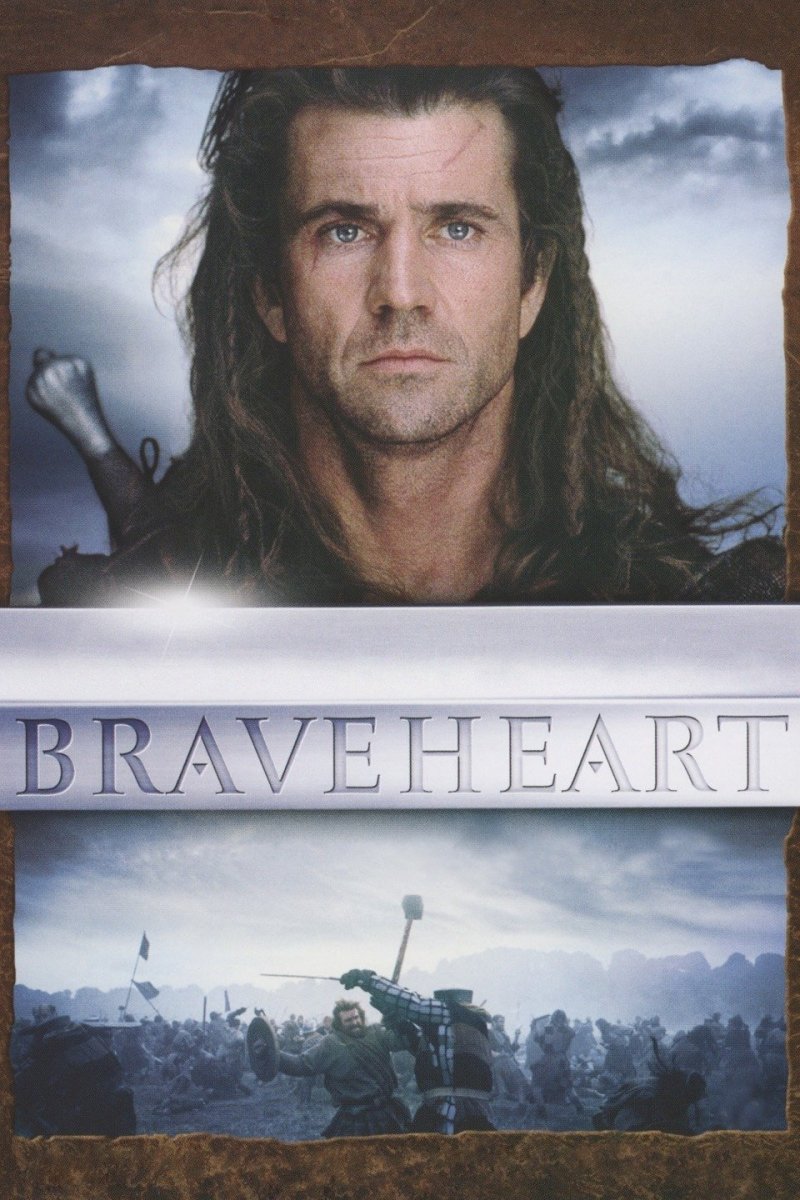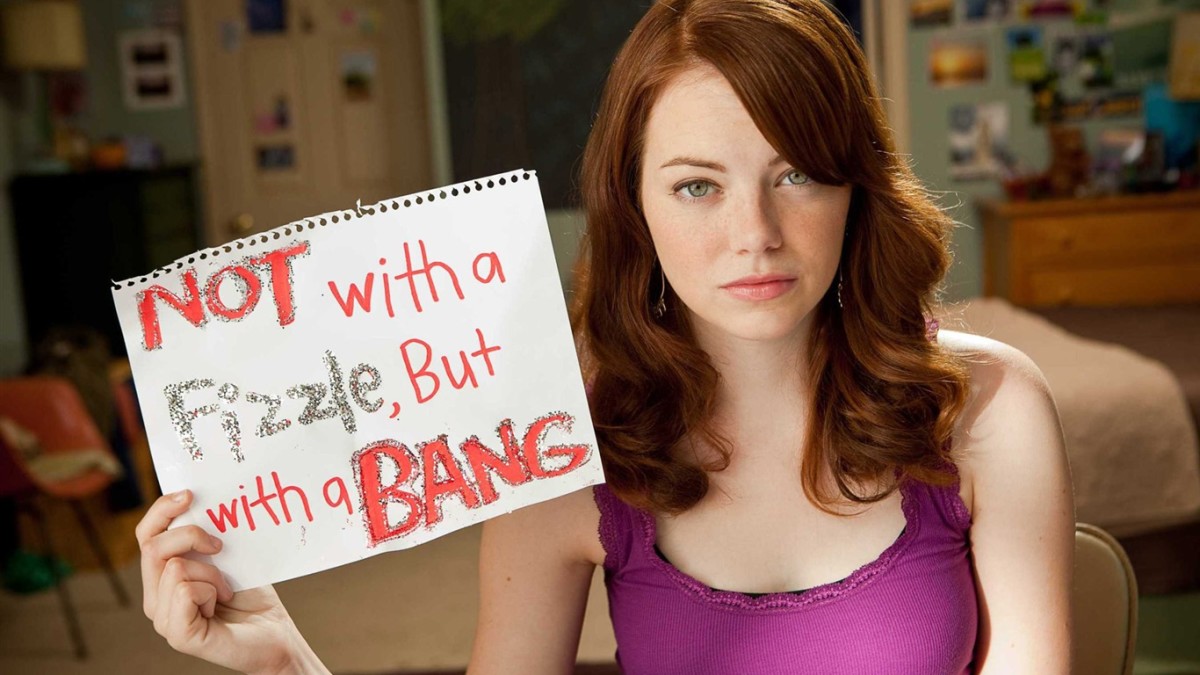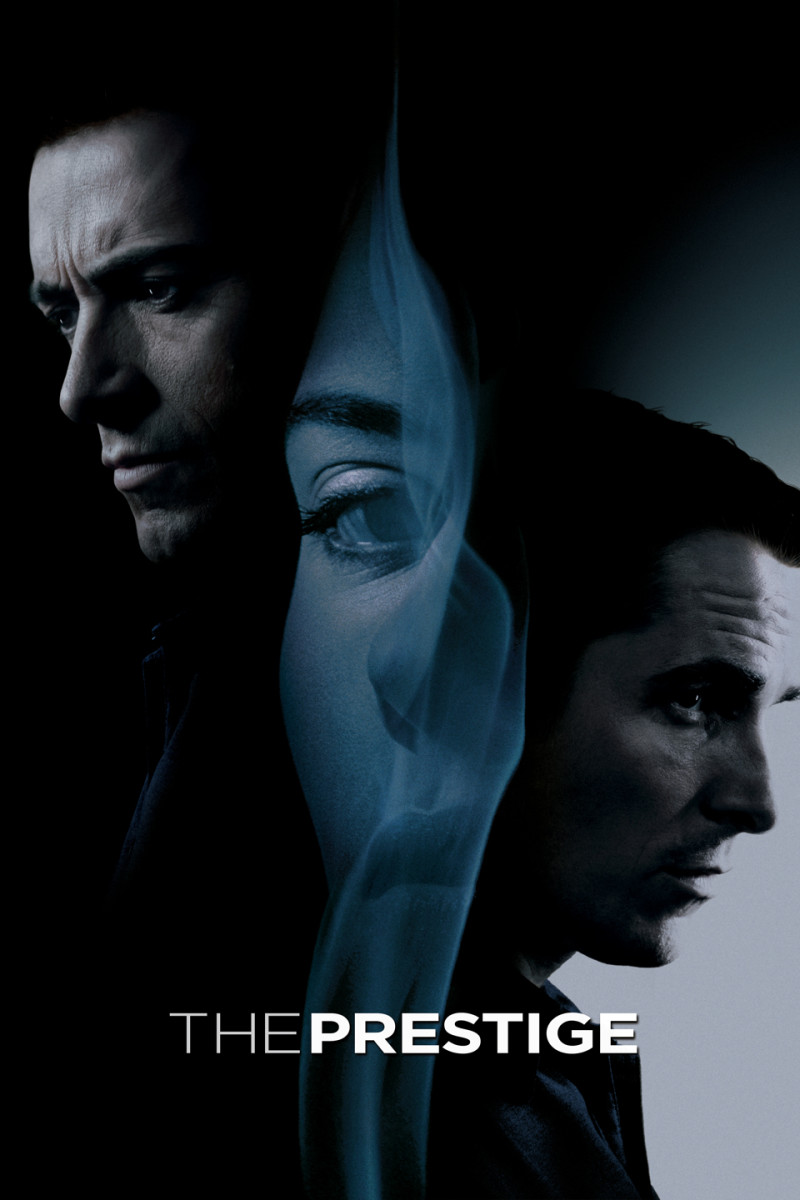Should I Watch..? 'The Way Of The Dragon' (1972)
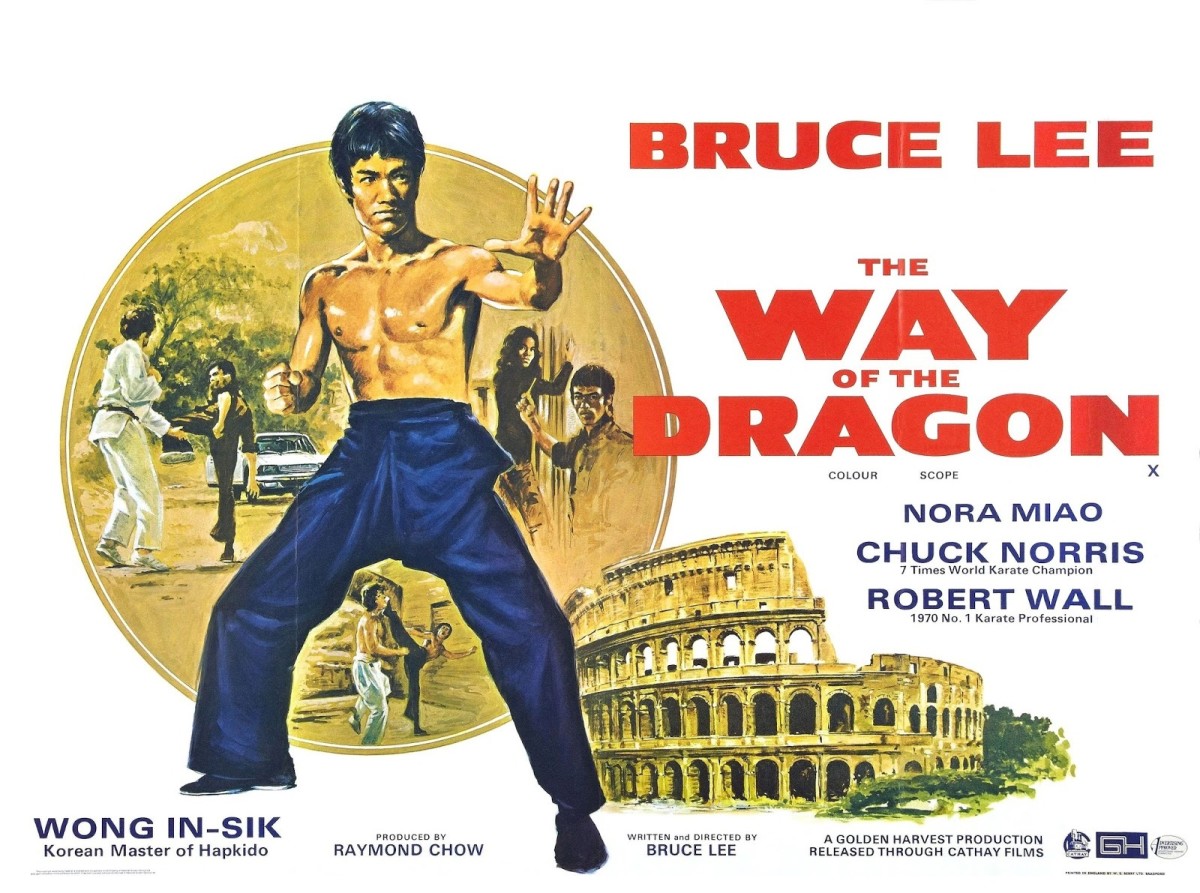
What's the big deal?
The Way Of The Dragon (also known as Return Of The Dragon) is a martial arts action comedy film originally released in 1972 and was written, directed and co-produced by its star, Bruce Lee. The film sees Lee as a young fighter sent to Italy to assist the owners of a struggling restaurant fend for themselves against an unscrupulous crime boss. The film also stars Nora Miao, Wei Ping-ou and Chuck Norris in his feature film debut. Released in the US after Lee's tragic passing in 1973, the film became a huge success at the box office with global takings in the region of $130 million - almost a thousand times more than its budget. Critics were mixed at the time but the film has since become well regarded by fans of the genre, hailing the fight scene between Lee and Norris as one of the best in film history. In keeping with the slew of films released after Lee's passing to capitalise on his image, the film was followed by a sequel in 1978 - Way Of The Dragon 2 - starring one of many Lee imitators, Bruce Le.
Watchable
What's it about?
In the heart of Rome, Chen Ching-hua and her uncle Wang inherit a Chinese restaurant but soon find running it is more trouble than it is worth. A local crime boss wishes to take it over and when Chen refuses to sell, a group of thugs arrive and begin terrorising both the staff and any customers. Unsure of what to do, Chen writes to her uncle in Hong Kong for help and she soon finds herself at the airport welcoming a relative, Tang Lung. Initially confused by his surroundings, Tang appears to be little help after the thugs arrive while he is indisposed.
Tang quickly teaches the rest of the restaurant staff martial arts, although they cannot compete with his skills. After single-handedly seeing off a group of thugs, the crime boss's right-hand man Ho decides to call in the big guns to help deal with Tang - a fighter from Japan and Europe as well as Colt, a legendary karate champion from the US. As the stakes are raised even further, Tang quickly finds himself outmanned - and possibly outmatched...
Trailer
What's to like?
Even the most ardent of martial arts fans will admit that The Way Of The Dragon hasn't aged that well, even if it wasn't exactly cutting edge at the time. Annoyingly, I was saddled with the dubbed version which didn't help things and made everything feel cheesy and faintly silly. But what I did find underneath the technical limitations was a surprisingly solid, if straight-forward, martial arts flick that presses all the right buttons. When the action does come, the film can't help but deliver with Lee's blistering speed and physical gifts on full display. At times, he looks otherworldly as he flexes and contorts his frame into some unnatural shapes and he moves with such precision that you forget the film is devoid of the more modern techniques developed over the last fifty-plus years. He remains nothing less than captivating on screen and is still the greatest martial artist cinema has ever seen.
Unlike some of Lee's other films like the more famous Enter The Dragon and Fist Of Fury, this film has a more light-hearted approach that feels more reminiscent of Lee's contemporary and occasional co-star Jackie Chan. True, the comedy is hardly cutting edge - Lee's shocked reaction to a rather forward Italian lady and his character's frequent need for a toilet feel remarkably low-brow these days but was probably par for the course back then. But what the film may lack in wit, it more than makes up for with its climatic fight scene between Lee and a baby-faced Norris. It's the sort of cinematic dream-match we rarely see between two iconic fighters on film, akin to seeing Jet Li and Chan duke it out or Van Damme versus Steven Seagal. Even though Norris had never made a film before this, Lee treats the sequence and his opponent with enormous respect and it shows. The fight is just sublime to watch and makes you forget about most of the movie's faults.
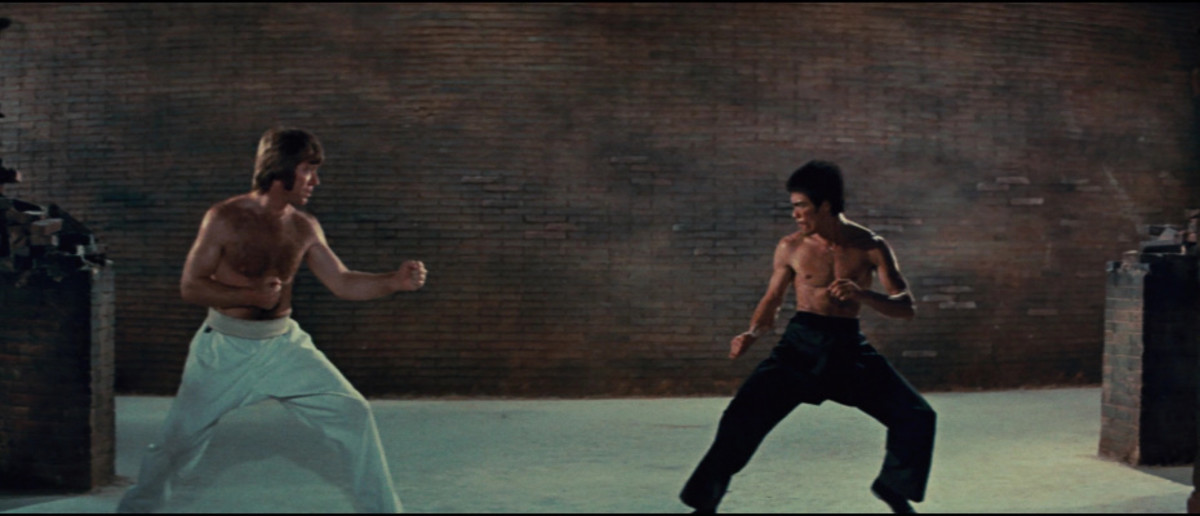
Fun Facts
- The whole film was shot silently with all the dialogue recorded in post-production. Lee even recorded most of the English dialogue by himself.
- Lee chose Norris as his opponent for the final scene, due to Norris' real-life abilities (he was then-US karate champion) and speed which made him one of the few in the world able to match Lee's pace. Lee's choreography for the fight took up nearly a quarter of the film's script. Norris would later admit that there was no way he could beat Lee in a fair fight.
- Lee's widow, Linda Lee, once claimed that her husband's character in this film was the closest to his real-life personality. It's also her favourite film Bruce appeared in.
- The film was the first Chinese film to be made in the West as well as Lee's directorial debut, the only film he finished during his lifetime. What's even more remarkable is that most of the cast and crew couldn't secure working visas, meaning they were only in Italy for a maximum of three weeks. After two weeks, they had already finished filming.
What's not to like?
A lot of martial arts films from this period were made quickly and cheaply, capitalising on the trend at the time for all things kung-fu. And alas, The Way Of The Dragon is no exception - the dubbing makes everything feel amateurish and a number of shots are remarkably out-of-focus, as if they'd filmed the scene once and quickly moved on. Lee's direction is rather basic and uninspired, in truth, but given that this was his first try, I can forgive the film's technical flaws. Another problem with the dubbing is that many characters have a tendency to sound the same, possibly because Lee was voicing many of them himself. Only Wei truly stands out as the camp henchman Ho, feeling like the inspiration for Leslie Chow from The Hangover series. The dubbing also makes the western characters in the film come across as wildly silly, causing far more humour than anything the characters do in the name of actual comedy.
The script feels very one-dimensional and basic, although I dare you to find me a film of this type with a deep and multi-layered narrative. And given how influential it would become, I'm guessing that fans weren't fussed. It doesn't have too much to distract from the high kicks and swift punches other than some suspect performances from the supporting cast and some strange choices such as the unexplained inclusion of a kitten during the final fight sequence, including its own extreme close-ups. It all felt very odd and disjointed but somehow, the film still manages to entertain in its own way. Who cares about dubbing when Lee is dispatching goons with dual nunchakus? Not me.
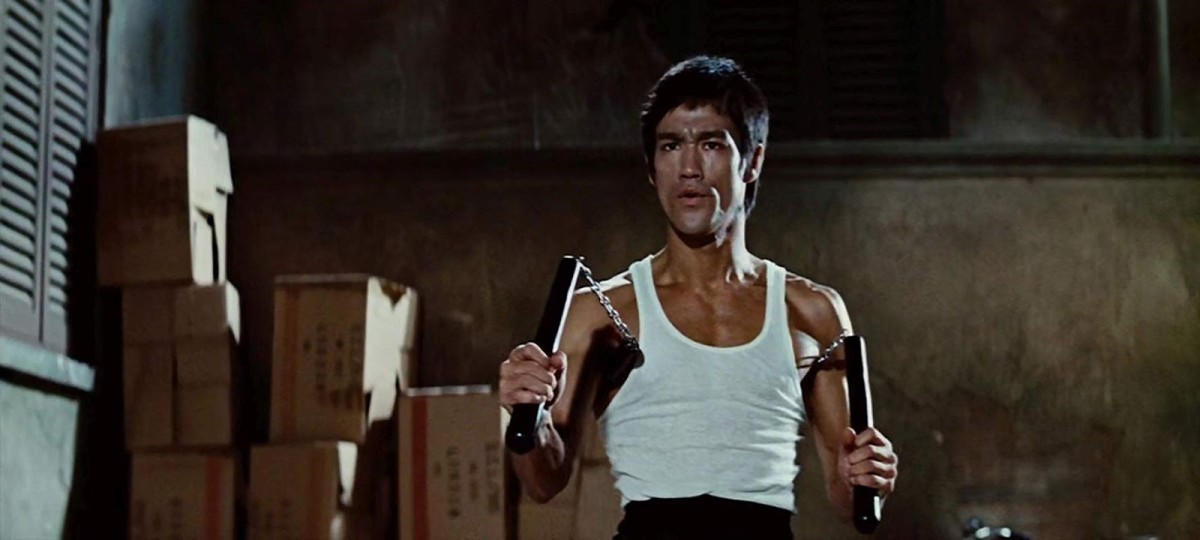
Should I watch it?
The Way Of The Dragon might lack some of the polish (and budget) of Enter The Dragon but it's a powerful reminder of just how electric Lee was on screen. It's every bit the chop-socky martial arts film that fans of Sonny Chiba could hope for, labouring beneath some heavy dubbing to produce some fantastic fight scenes before a truly iconic final battle. It's a bit like the original version of The Italian Job - the ending makes you forget about almost everything that comes before it which, while not terrible, just isn't as memorable or legendary as those closing scenes.
Great For: demonstrating Bruce Lee's brilliance on screen, fans of Seventies martial arts films, retro film fans
Not So Great For: anyone who hates dubbing, residents of Rome (Lee's character isn't a fan of the city), modern action film fans
What else should I watch?
The great tragedy of Lee's career was that his films were getting better all the time when he unexpectedly died in 1973 at the age of just 32. He had appeared in films throughout his life, making his feature film debut as an infant in 1941. After moving to the US and becoming a star appearing in Sixties TV series The Green Hornet, he wouldn't make his cinematic breakthrough until 1971's The Big Boss and period action film Fist Of Fury the following year. But it was Enter The Dragon that cemented Lee's place in cinema history, a ground-breaking film that propelled him to global superstardom even he never lived to see it.
In the wake of his passing, however, an enormous hole was felt as the first true martial-arts star was now missing at the peak of the genre's popularity. While Lee's partially completed final film Game Of Death was eventually completed in controversial fashion in 1978, a flood of knock-offs and imitators appeared that often featured actors physically resembling Lee or changing their name to pay homage to the late star. Films such as Enter Three Dragons (starring Bruce Lai), Bruce Lee's Secret (starring Bruce Li) and The Clones Of Bruce Lee (which starred many such copycats) came to be known as 'Bruceploitation', a trend that only really came to a halt when Jackie Chan emerged as a true successor in the early Eighties. But Lee has cast a long shadow that continues to influence films, video games and comics even today and every martial artist currently working in cinema owes him a huge debt of gratitude.
Main Cast
Actor
| Role
|
|---|---|
Bruce Lee
| Tang Lung
|
Nora Miao
| Chen Ching-hua
|
Chuck Norris
| Colt
|
Wei Ping-ou (as Paul Wei Ping-Ao)
| Ho
|
Huang Chung-hsin
| Uncle Wang
|
Tony Liu
| Tony
|
Unicorn Chan
| Jimmy
|
Malisa Longo
| Italian Beauty
|
Robert Wall
| Bob/Tom/Fred*
|
Hwang In-shik (as Ing-Sik Whang)
| Japanese Karateka
|
*known as Bob in the Hong Kong version, Tom in the English version and Fred in the closing credits
Technical Info
Director
| Bruce Lee
|
|---|---|
Screenplay
| Bruce Lee
|
Running Time
| 99 minutes
|
Release Date (UK)
| 14th June, 1974
|
Rating
| 15
|
Genre
| Action, Comedy
|
© 2024 Benjamin Cox

